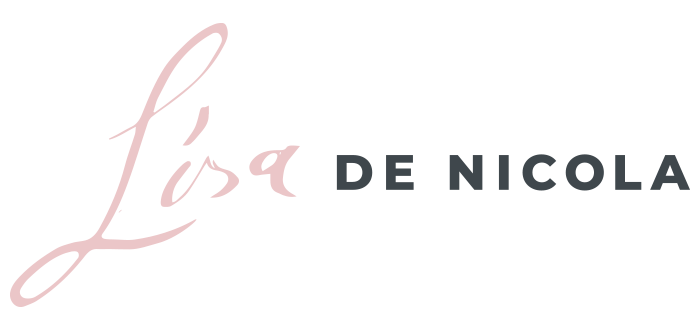The art of communication. I wish we had learned more about effective communication in school, especially difficult conversations, the same way so many wish they learned more about financial literacy, emotional intelligence and the importance of well-being.
They’re just so darn important in all areas of life and, especially, in business.
One of the most common challenges I partner with leaders on is communication. They want to be more effective communicators, and specifically, they want to have more confidence in having difficult conversations.
There’s no one way to have a difficult conversation and too many unknowns in any one of them to consider. Every single one of us is unique. We communicate differently therefore our conversations, will be different and, no one-way approach can be applied to each of us.
In some cases, while you might be at a loss of what to say, leaders often get caught up in the emotion behind it.
The fear, the embarrassment, the reaction of the other party, avoiding experiencing any emotion and so on are some of the common reasons leaders struggle with difficult conversations.
Yet, the very thing leaders are claiming to want to overcome and get better at, they’re avoiding like the plague.
Here’s the thing.
You don’t get better at having difficult conversations by avoiding them or talking about them; you get better by having them. The only thing you get better at when you don’t have them is emotional avoidance and hiding.
Whether it’s with an employee you’ve known for 3 years or someone you’ve known for 3 weeks, when there’s a conversation to be had that has an inkling of stress in it for YOU, embrace it.
Be brave enough to start a conversation that matters
– Margaret Wheatley
That’s leading in discomfort.
It’s leading by example. And it’s what’s going to help you strengthen your emotional compass, your communication skills, increase your self-awareness and help you better understand others. Bonus – you might just strengthen a relationship if it goes well!
According to a 2019 report by SHRM, nearly 4 in 10 employed workers in the U.S. say their manager fails to frequently engage in honest conversations about work topics (sounds very specific), and nearly 3 in 10 say their manager doesn’t encourage a culture of open and transparent communication.
Our greatest opportunity to learn about ourselves is often in relationships with others. Not from having them go smooth sailing, but when they’re challenging and are tense.
Having difficult conversations isn’t just a skill to develop for the workplace. We benefit from getting better at them with all relationships in our lives. Chances are if you’re struggling with them at work, you likely can afford to improve them with those who are closer to your heart.
Here are a few ways that can help you improve your next, difficult conversation:
Self-awareness – If you want to be more confident in having difficult conversations with others, you need to know where you struggle with communication with others and what strengths you can bring to these experiences. More importantly, what specific emotions can you become aware of that come up when you’ve had difficult conversations? Having this awareness gives you intel to know where to dive into to better understand how to regulate them the next time you need to have a stressful conversation.
Prepare and set your intention – Yes, it’s key to gather your thoughts of what you’d like to say and get clear on your intentions ahead of time. This includes getting in the right frame of mind and emotionally, having the heart space to, being receptive and hearing (not just listening) to what the other party will say.
Rehearse with a trusted partner – You can prepare on your own and when appropriate, rehearse with someone you trust so you can see what comes up for you in real-time. This isn’t about controlling what the other person says but, noticing what emotional response may come up in you and getting feedback may help you in your conversation.
Call out observations, not people – We can’t control how others react, especially if we head into a difficult conversation with a preconceived notion of how another will respond. Whether it’s angry, hot-headed, vulgar and so on. While the goal is to focus on your own delivery, you can call out observations if you’re looking to diffuse a conversation that’s getting heated. Saying something like, “It sounds as though this conversation is taking a strong tone. I want to hear what you have to say and would like to have this conversation when we can both productively share our thoughts.” This sounds a lot more disarming than, “It’s obvious you’re pissed off,” or “You’re being emotional.”
If the person you’re speaking with does end up having a strong reaction, focus on communicating what you’re observing vs. calling out the person. It’s a tactic that focuses on what you’re observing vs. calling out the person.
Embrace your next difficult conversation – This may sound obvious, but like any fear we look to overcome, the same is true for the very challenges we work to get better at. By practicing the above recommendations, you can improve difficult conversations. If there’s a conversation with someone you know you need to have, find the courage to have it. Don’t make excuses justifying why not to do it or why it’s OK to ignore it for a laundry list of reasons that only YOU validate. Have the conversation and find reasons, why it will be a success. Even better, consider what the impact would be on you from having this conversation?
As they say, the conversations that are most difficult to have are likely the ones worth having. Finding excuses or passing the buck to someone else to manage the conversation YOU need to have doesn’t help either. These are life skills to develop for all our relationships, not just the ones in the workplace.
Be brave and give yourself the opportunity to get better at the hard things.
I’d love to hear from you in the comments!
When you’ve had to have a difficult conversation with someone, what’s a tactic you’ve used to help you?
To brave conversations & with so much love,
Lisa
For more creative insights, check out the latest posts below:






